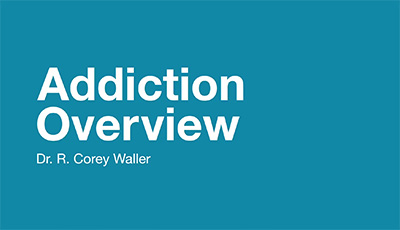Clinical Provider Quick Tips
Addressing Substance Use in Primary Care Settings
What You Need to Know
Fentanyl Quick Tips
Fentanyl use trends, overdose risks and tools for reducing risk, and relevant medications for opioid use disorders (MOUD) to treat patients within emergency department and primary care settings.

The US Overdose Crisis: Rapid Shifts in Fentanyl and Novel Synthetic Substances
Description: This brief video describes current trends in overdose, driven by polysubstance combinations with illicit fentanyl and synthetic analogues, and discusses clinical approaches needed to address rising burden of disease.
Presenter: Joseph Friedman, PhD, MPH
Watch Video: Earn CME (.25 credit); Non-Credit Version (20:04 min.)
- We are in the 'fourth wave' of the US overdose crisis, driven by polysubstance combinations with illicit fentanyls.
- Become aware of new health risks to consumers due to rapid shifts in the illicit drug supply.
- New clinical approaches are needed to address rising burden of disease.
BONUS MATERIAL
Addiction Overview
Description: This video provides a brief overview of substance (particularly opioid) use disorders, including basic neurochemistry. The goal of this course is to increase the knowledge base of health care providers treating patients with opioid use disorders.
Presenter: R. Corey Waller, MD, MS, FACEP, DFASAM
Watch Video: Earn CME (.5 credit); Non-Credit Version (23:29 min.)
*Note: All videos are 508 compliant and include closed captioning.
This series is sponsored by the Department of Healthcare Services in California through the SAMSHA State Opioid Response Grants. All information in the presentations are generated by the presenters and do not reflect the opinions of CA DHCS.

